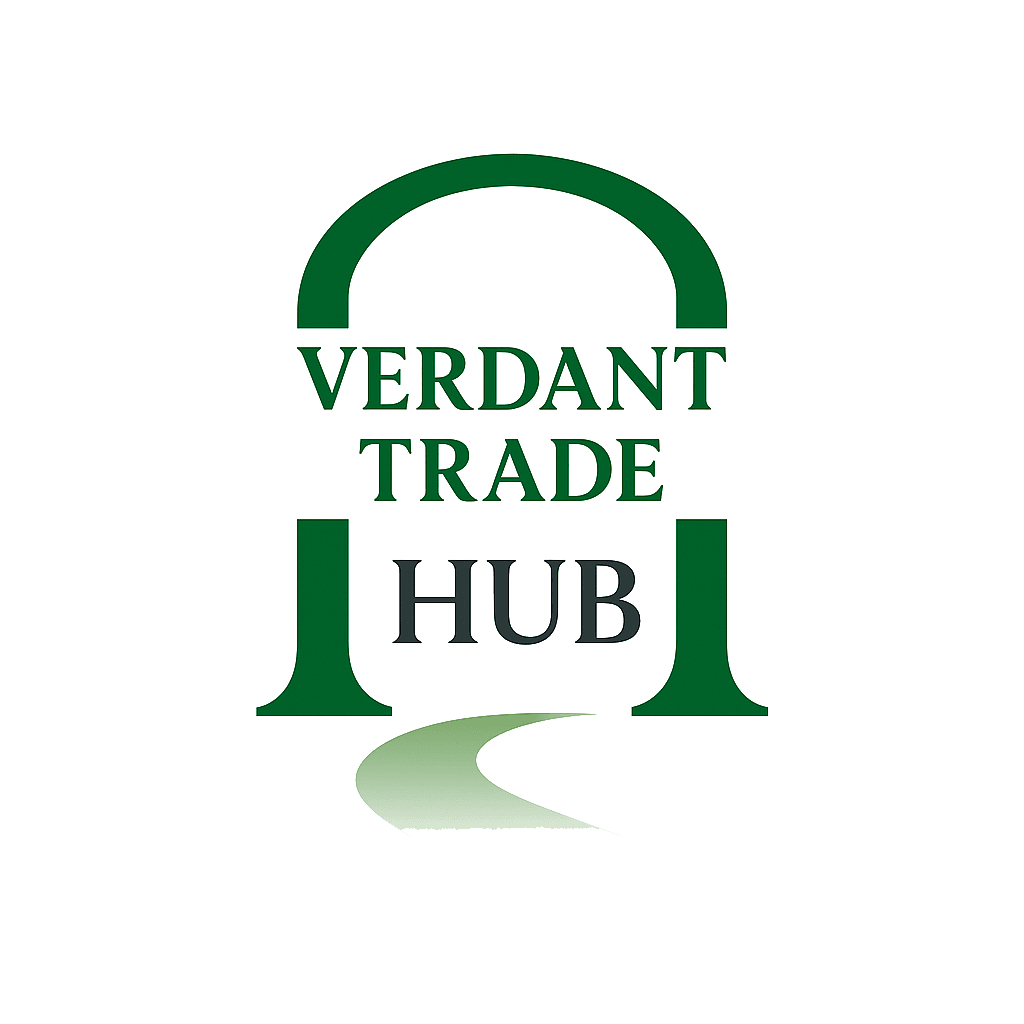Empowering Local Economies Through Ethical Sourcing: A Case Study
Introduction to Ethical Sourcing
In today's global marketplace, businesses are increasingly turning to ethical sourcing as a way to empower local economies and promote sustainable development. Ethical sourcing involves making conscious decisions about where and how products are procured, ensuring that these choices benefit local communities and the environment. This approach goes beyond mere compliance with regulations and extends into actively contributing to the well-being of communities.
Ethical sourcing not only fosters positive social change but also enhances a company's reputation among consumers who are more socially and environmentally conscious. In this blog post, we will explore how ethical sourcing can significantly impact local economies by examining a case study that highlights its benefits.

The Role of Ethical Sourcing in Local Economies
Local economies thrive when businesses invest in them. Ethical sourcing ensures that a portion of the profits generated by large companies is reinvested into the communities where raw materials are sourced. This can lead to improved infrastructure, better education, and enhanced healthcare facilities, creating a ripple effect that benefits everyone in the community.
One of the key principles of ethical sourcing is transparency. Companies committed to ethical practices ensure that all stakeholders in the supply chain understand the terms of trade. This transparency builds trust and ensures that local producers receive fair compensation for their products, which in turn helps boost the local economy.

Case Study: A Real-World Example
To illustrate the impact of ethical sourcing, let's look at a leading coffee company that has successfully implemented this practice in its supply chain. By partnering directly with coffee farmers in Latin America, the company established a direct trade relationship that cut out middlemen and ensured farmers received a higher percentage of profits.
This partnership enabled farmers to invest in more sustainable farming practices, leading to better crop yields and higher quality products. As a result, entire communities benefited from improved livelihoods, access to education, and enhanced community services.
Key Outcomes
- Increased farmer incomes: By eliminating intermediaries, farmers were able to earn more from their sales.
- Sustainable farming practices: Investment in sustainable methods improved both the quality and quantity of coffee produced.
- Community development: The additional income allowed for investments in local infrastructure and education.

The Business Advantage of Ethical Sourcing
Beyond the positive social impact, ethical sourcing also offers significant business advantages. Consumers today are more informed and discerning about their purchasing choices. Companies that demonstrate a commitment to ethical practices can differentiate themselves from competitors, fostering brand loyalty among socially conscious consumers.
Moreover, businesses that engage in ethical sourcing often experience reduced supply chain disruptions. By building strong relationships with local suppliers, companies can ensure a more reliable and consistent flow of goods and materials.
Long-Term Sustainability
Ethical sourcing is not just about addressing immediate needs but also about ensuring long-term sustainability. By investing in local communities and fostering fair trade practices, businesses contribute to creating a stronger economic foundation that can withstand global market fluctuations.

Conclusion
Empowering local economies through ethical sourcing is not just a moral obligation but a smart business strategy. By supporting local communities, companies can enjoy improved brand perception, customer loyalty, and supply chain resilience. The case study presented here demonstrates how even small changes in sourcing practices can lead to substantial benefits for both businesses and communities.
As more companies recognize the value of ethical sourcing, we can hope to see a more equitable global economy where local communities thrive alongside business growth. As consumers, supporting brands committed to such practices further amplifies these efforts, creating a positive cycle of growth and development.
